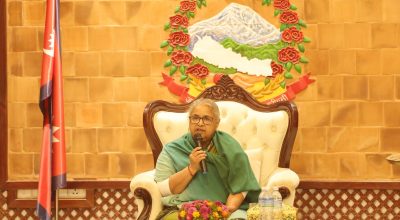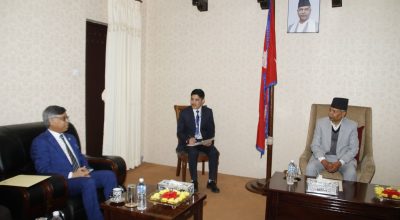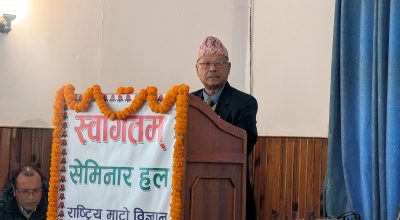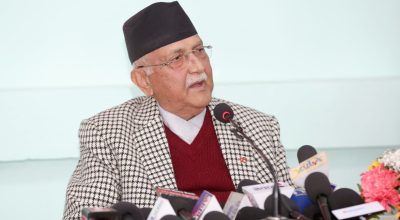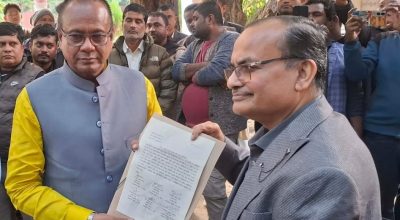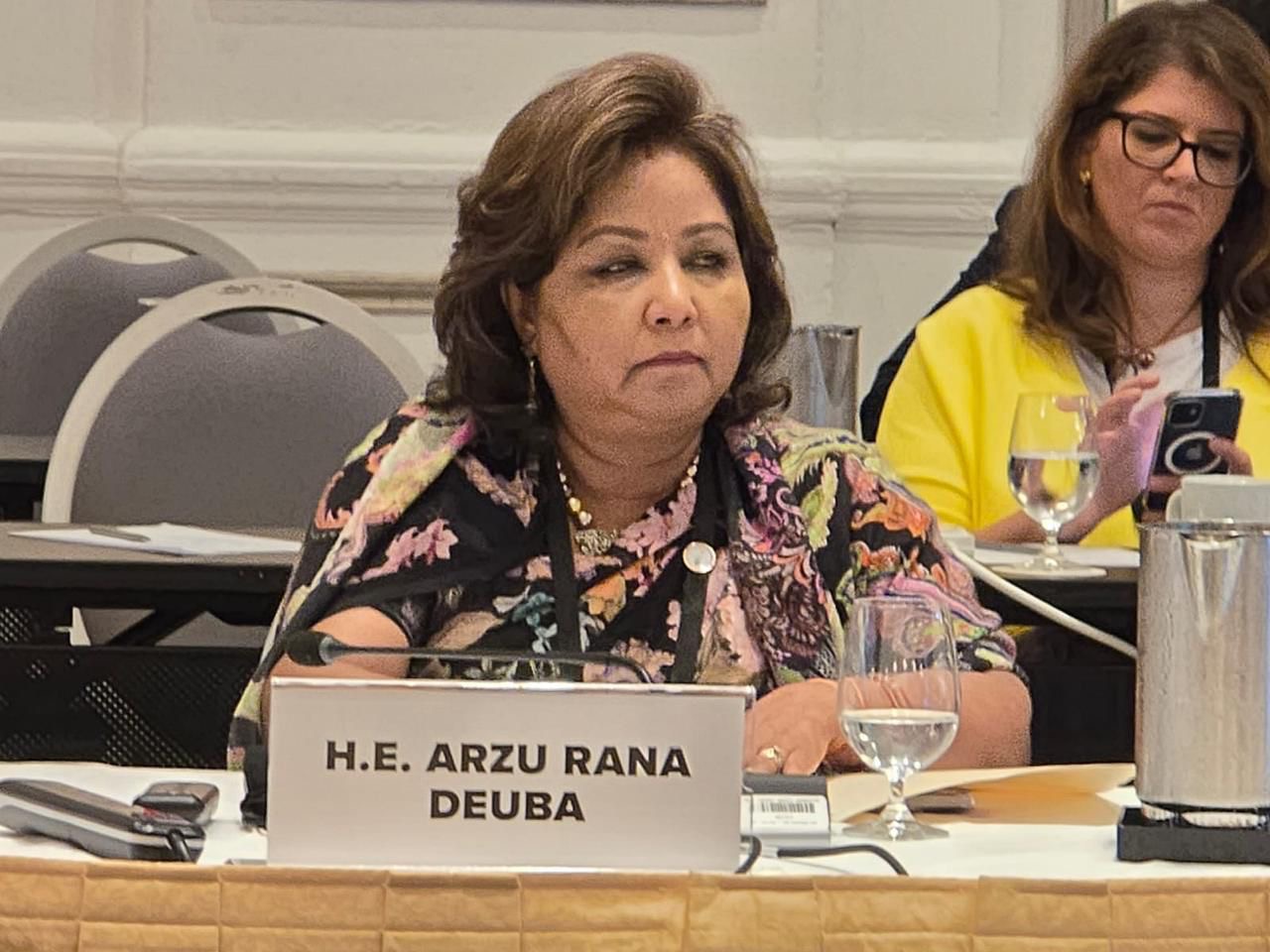
Dr Arzu Rana Deuba
At the outset, let me extend my sincere gratitude to the Honorable Mélanie Joly and the Honorable Kamina Johnson Smith for organizing this timely and important event.
Thank you for inviting me with such warmth and hospitality. This forum has given us a real opportunity to hold meaningful discussions about our status in politics, leadership, and governance.
Let me start with three astounding figures. Although women make up for half the global population,
- Less than 11% of Heads of State and 10% of Heads of Government are women.
- 60% of women’s employment globally is in the informal economy, and on average, women spend around three times more time on unpaid care and domestic work than men.
- Women have only 64% of the legal rights enjoyed by men globally.
76 years have passed since the Universal Declaration of Human Rights proclaimed equal rights for men and women. Since then, we’ve seen 4 UN global conferences and action plans on women; the introduction of Millenium Development Goals; and the introduction of Sustainable Development Goals. Now, we have six major global policy frameworks for gender equality and women empowerment. But gender parity continues to elude us. We continue to be denied equal participation and opportunities.
Why?
I have spent my life advocating for and promoting the cause of women in one of the world’s poorest nations. My key takeaway from my extensive experience in the field is – when it comes to gender equality, all issues – no matter how basic or mundane – are of equal importance. From gendering in early education to sexism in workplaces. From addressing deeply ingrained socio-cultural biases to legislating and enforcing affirmative action. 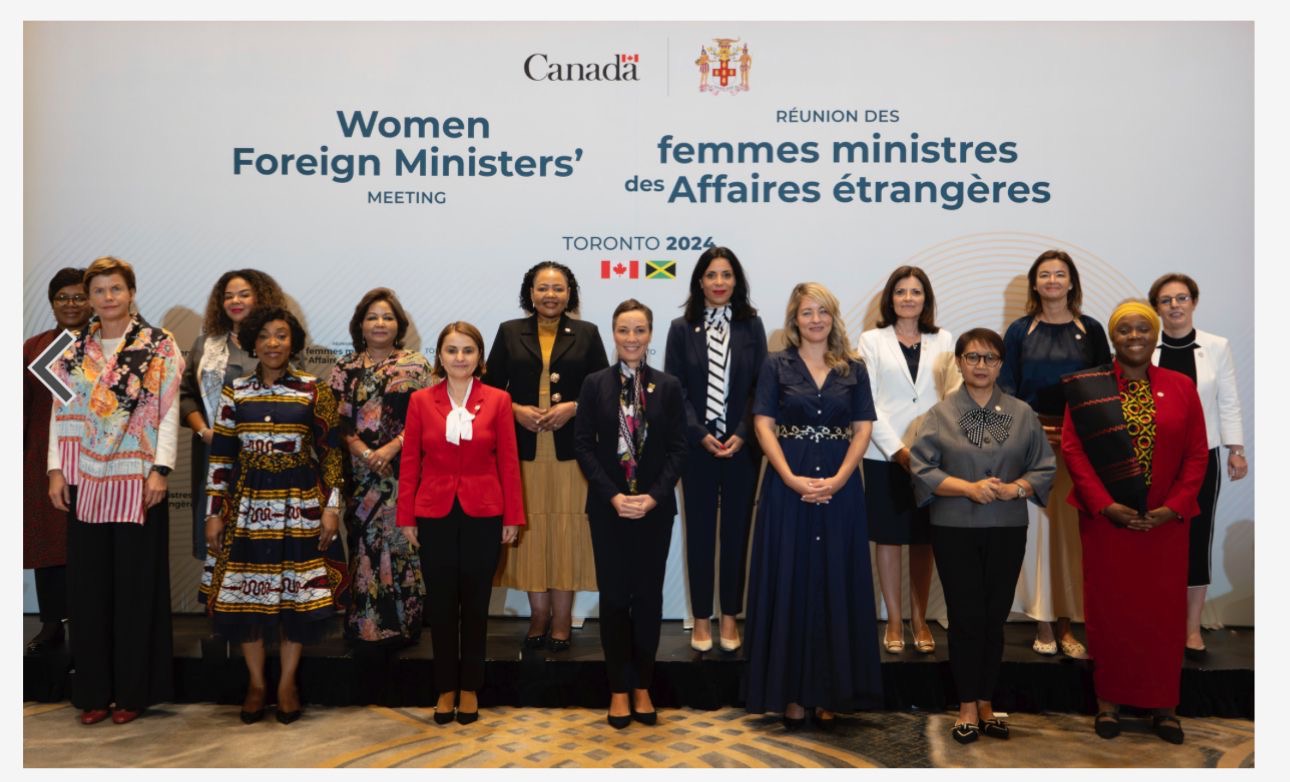
Unfortunately, violence and discrimination against us starts right from the womb, and is justified and perpetuated throughout our lives. Therefore, efforts to address gender inequality need to be comprehensive and holistic. They need to be undertaken at all levels – from the global level to the grassroots level. For these efforts to succeed, stakeholders across the public and private sectors need to play an active role.
Everyone can be a catalyst for change. To be in this room today, we had to break numerous glass ceilings. That should not be the case. Women deserve equal opportunities and guaranteed participation across the spectrum. Studies have found that states where women hold more political power are less likely to go to war, less likely to commit human rights abuses, and more likely to prioritize issues that benefit the most vulnerable.
In the private sector, women leaders have been found to increase productivity, enhance collaboration, inspire organizational dedication, and improve fairness. The inclusion of women – who have vastly different perspectives and experiences than men – in public and private spaces reveals new and better ways of “being.” This is worth pursuing with all our might.
In Nepal, we continue to fight for gender equality, with our targeted policies and programs bringing about improvements across the board. Our Constitution mandates 33% female representation in the federal and provincial assemblies, and 40% female participation in local governments. In the decade since our Constitution’s promulgation, we have seen our first Head of State – former President Bidya Devi Bhandari, our first female Speaker of the Parliament – Onsari Gharti Magar, and our first female Chief Justice – Sushila Karki.
Owing to gender-inclusive provisions in our Civil Service Act, women account for 28% of Nepal’s public service workforce. As a consequence of inclusive policies – such as the Directive on Gender Conduct and the Women Military Directive – women account for 8.5 % of the Nepal Police, 12 % of Nepal’s Armed Police Force, and 4.5 % of the Nepali Army.
In our private sector, 29.6% of managers are women. Although full gender parity has not yet been achieved, increasing female participation across fields in Nepal indicates the significant impact of gender mainstreaming. Gender parity is the foundation for a peaceful and prosperous world. It is a prerequisite for achieving the full human potential and assuring sustainable development. Together, let’s build on the untiring leadership and fearless efforts of women across the world, and move towards a reality where men and women are treated as equals.
Minister for Foreign Affairs Dr Arzu Rana Deuba was addressing the conference on “Women in Public Spaces: Politics, Leadership, and Governance” at Women Foreign Ministers’ Meeting in Fairmont Royal Park Hotel, Toronto, Canada on September 19, 2024.





